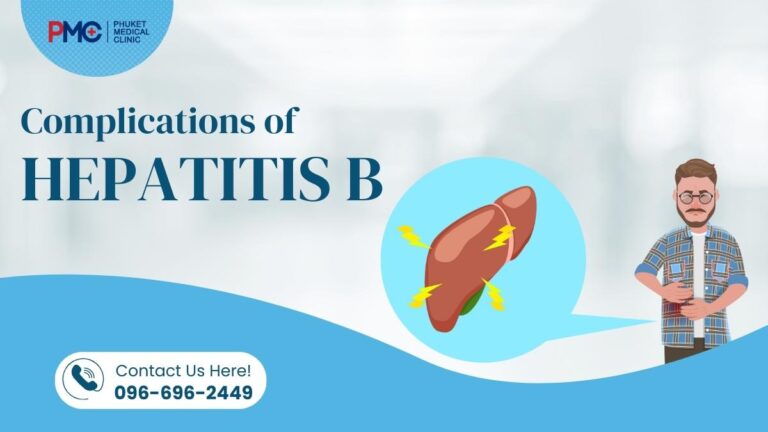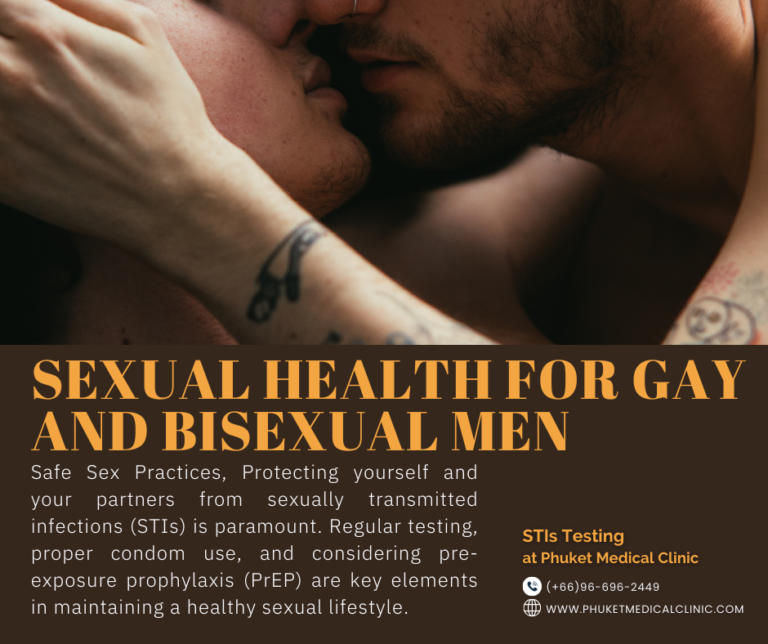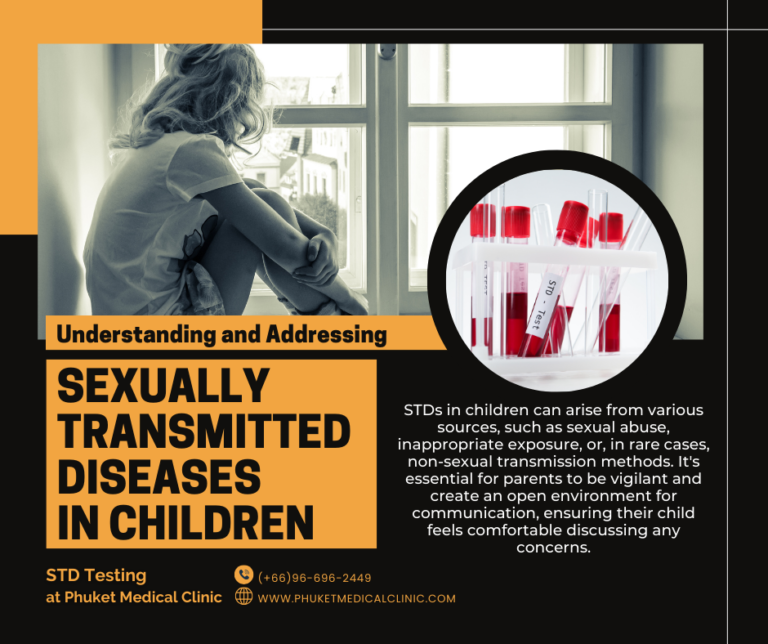Sexually transmitted infections (STIs) remain a significant public health concern worldwide, affecting millions of people each year. These infections can have serious consequences for individuals’ health and wellbeing, making it crucial to understand the most common STIs and take proactive measures to prevent their transmission. In this article, we will explore some of the most popular infectious diseases that are transmitted through sexual contact and discuss ways to protect yourself and your partners.

Chlamydia
Chlamydia is one of the most prevalent STIs globally. It is caused by the bacterium Chlamydia trachomatis and often presents with no symptoms. If left untreated, chlamydia can lead to serious complications, such as pelvic inflammatory disease (PID), which can result in infertility. To prevent chlamydia, practicing safe sex through the consistent use of condoms is essential. Regular screening and early treatment are also crucial for controlling its spread.
Gonorrhea
Gonorrhea is another common bacterial STI caused by Neisseria gonorrhoeae. Like chlamydia, it may not always produce symptoms, making regular testing vital. If left untreated, gonorrhea can lead to severe health problems, including infertility and increased risk of HIV transmission. Safe sex practices, including condom use, are crucial for prevention.
Human Papillomavirus (HPV)
HPV is the most common viral STI globally. There are numerous strains of HPV, with some causing genital warts and others linked to various cancers, including cervical, anal, and throat cancers. The HPV vaccine can offer protection against the most dangerous strains, while regular screenings can detect early signs of infection.
Herpes
Herpes is caused by the herpes simplex virus (HSV) and manifests as painful sores in the genital or oral regions. It can be transmitted even when no symptoms are present, making it challenging to prevent entirely. However, antiviral medications can manage symptoms and reduce the risk of transmission. Safe sex practices, including avoiding contact during outbreaks, are also essential.
Syphilis
Syphilis, caused by the bacterium Treponema pallidum, can lead to severe health issues if left untreated, including damage to the heart, brain, and nerves. Syphilis is transmitted through direct contact with syphilis sores or rashes. Early detection and treatment with antibiotics are essential to control the disease’s spread.
HIV/AIDS
Human Immunodeficiency Virus (HIV) remains a global health crisis, with millions of people living with the virus. HIV attacks the immune system, making the body vulnerable to infections and diseases. It is primarily transmitted through unprotected sexual contact, sharing needles, or from mother to child during childbirth or breastfeeding. Preventing HIV involves using condoms, practicing safe injection techniques, and, most importantly, getting tested and seeking treatment if you are at risk.
Sexually transmitted infections can have serious consequences for individuals’ health and relationships. To protect yourself and your partners, it is essential to prioritize safe sex practices, including condom use and regular testing. Vaccinations, such as the HPV vaccine, can provide additional protection against specific infections. Education and open communication about sexual health are key in reducing the prevalence of these popular infectious diseases transmitted through sexual contact and promoting overall well-being. Remember, getting tested, and seeking treatment when necessary not only protects you but also contributes to the collective effort to reduce the spread of STIs.
STIs Testing & Treatment at Phuket Medical Clinic
Phuket Medical Clinic : Close, Expert Care. Dedicated Medical Professionals and Skilled Team providing Consultation and Treatment. Walk-in or Scheduled Appointments for Convenient and Efficient Services.
Book an appointment online : https://phuketmedicalclinic.youcanbook.me
Daily Open 🕙 10:00-18:00
Contact number ☎️ 096-696-2449
Line id : @pmcphuket or https://lin.ee/R1TKRDo
Map 📌https://goo.gl/maps/xu45eTQUTjgpukJa7
Website 🌐https://pmcclinicphuket.com
Feel free to consult with a doctor or ask further questions anytime.
Inbox : m.me/100483916443107
#healthcareclinic #คลินิกภูเก็ต
Phuket #Clinic #ภูเก็ตเมดิคอลคลินิก
#Phuketmedicalclinic






